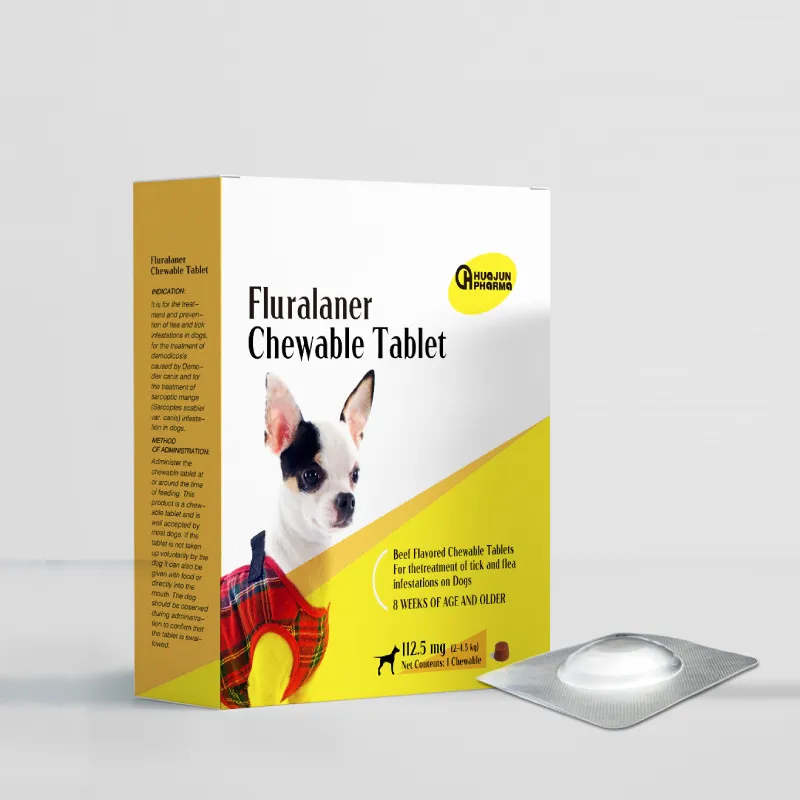
Th8 . 09, 2024 02:40 Back to list
Effective Medications for Treating Coccidia Infections in Animals and Their Impact on Health
Understanding Coccidia and Medications for Treatment
Coccidia are microscopic parasites that belong to the group of protozoa. They are responsible for a disease called coccidiosis, which primarily affects the intestinal tracts of various animals, including livestock and pets. This infection can lead to severe gastrointestinal issues, weight loss, and in some cases, can be fatal. Therefore, the treatment and prevention of coccidiosis are critical areas of concern in veterinary medicine. This article discusses the types of medications used to combat coccidia and examines their efficacy.
Coccidia are particularly problematic in young animals that have developing immune systems. The life cycle of these protozoa is complex and involves multiple stages, including both sexual and asexual reproduction. Ingestion of sporulated oocysts, the infective form of the parasite, typically occurs through contaminated food or water. Once ingested, the oocysts release a sporozoite form, which invades the intestinal mucosa and multiplies, leading to the clinical signs associated with coccidiosis.
Understanding Coccidia and Medications for Treatment
One of the most widely used classes of coccidiostats is sulfonamides, which work by interfering with the synthesis of folic acid in the parasite. These medications are commonly used in livestock, particularly in chickens, swine, and cattle. Trimethoprim-sulfamethoxazole is a well-known combination that has shown effectiveness against various types of coccidia. However, resistance to sulfonamides has been observed, prompting the need for alternative treatments.
medicamentos para coccidia factory

Ionophores, such as monensin and lasalocid, are another class of medications used to prevent coccidiosis, particularly in poultry and cattle. These compounds alter the ion balance across the cell membranes of the parasites, ultimately leading to their death. Ionophores are often included in feed formulations, making them easy to administer on a large scale. Their use has significantly reduced the incidence of coccidiosis in livestock, although careful management is essential to mitigate the risk of development of resistance.
Another medication frequently used is nitrofurans, which are known for their bactericidal properties and have been observed to have some efficacy against coccidia. However, these compounds are subject to regulatory scrutiny due to concerns about their potential carcinogenic effects.
In recent years, research has focused on developing vaccines for coccidiosis prevention, which could reduce the reliance on chemical treatments. While progress has been made, vaccination strategies are still in the experimental stages and may not yet be widely available for all animal species.
Prevention strategies also play a crucial role in managing coccidiosis. Maintaining clean living conditions, ensuring proper sanitation, and controlling stress factors in animals can significantly reduce the risk of infection. The implementation of these practices, alongside effective medications, can lead to healthier animals and improved overall productivity in agricultural settings.
In conclusion, understanding the medications available for treating coccidia is vital for animal health and welfare. The choice of treatment should be based on several factors, including the type of animal, the severity of the infection, and considerations for resistance. By integrating medication with preventive measures, livestock producers and pet owners can take significant steps toward combating coccidiosis and ensuring the well-being of their animals.
-
Epic Sepsis Factories: AI-Driven Detection with GPT-4 Turbo
NewsJul.31,2025
-
Acute Salpingitis and Oophoritis AI Factory
NewsJul.31,2025
-
Premium China Bacillus Subtilis Supplier & Factory Solutions
NewsJul.30,2025
-
Premium Avermectin Supplier in China | Custom Solutions Available
NewsJul.29,2025
-
China Bacillus Subtilis Supplier - Custom Factory Solutions
NewsJul.29,2025
-
China Salivation: Leading Custom Salivation Supplier & Factory Solutions
NewsJul.29,2025




